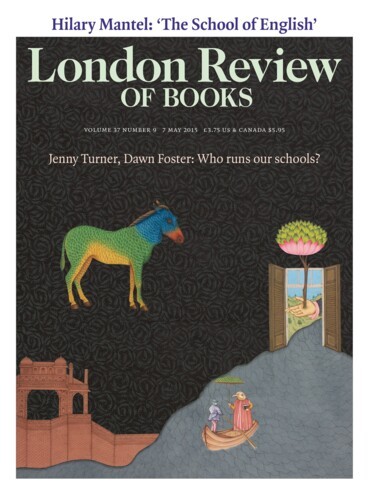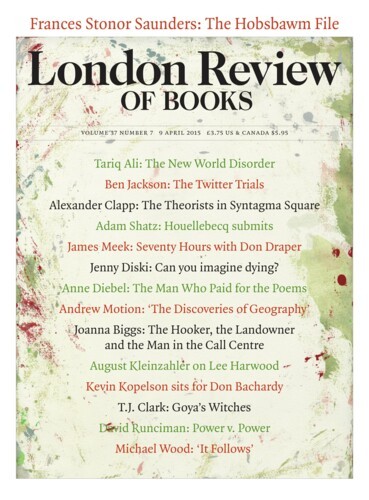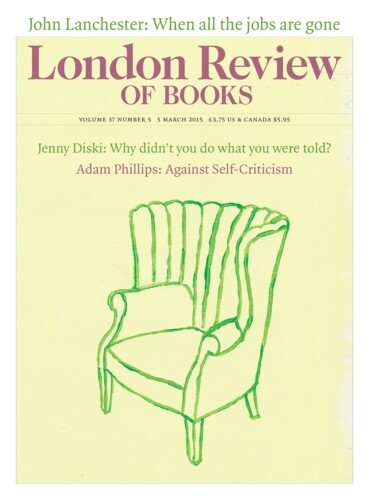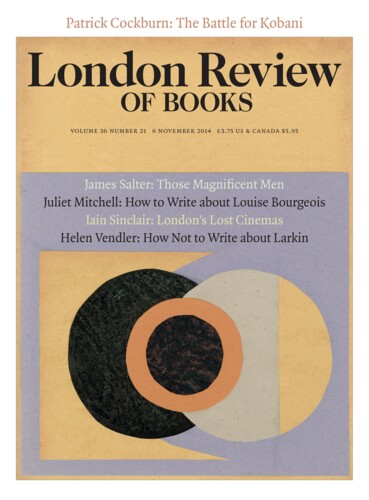Notes on the Election
David Runciman, 7 May 2015
One reason this election is so hard to call is that history offers a very unreliable guide. For each preferred or predicted outcome there is a historical pattern from which to draw comfort. If you think the Tories should win you can point to the fact that almost no government in the modern era has been turfed out of office after only one term. The exception is Heath’s 1970-74...





